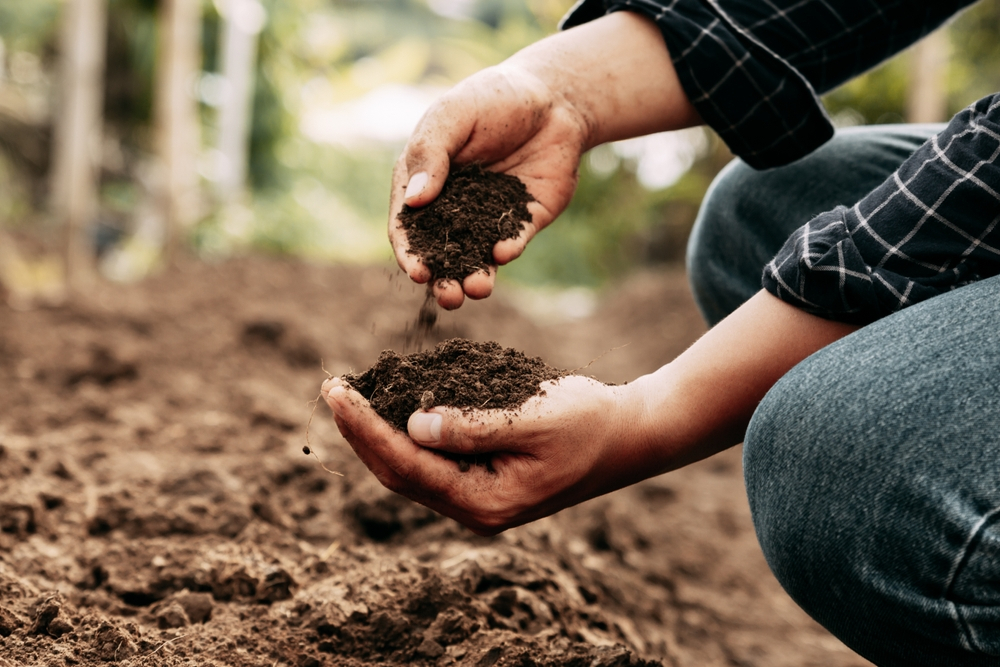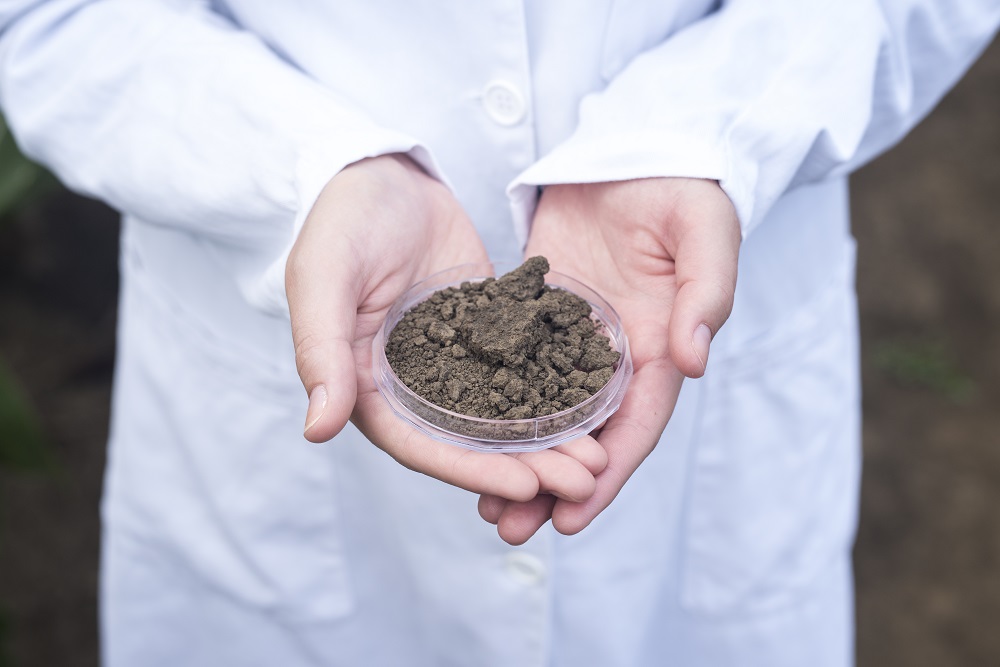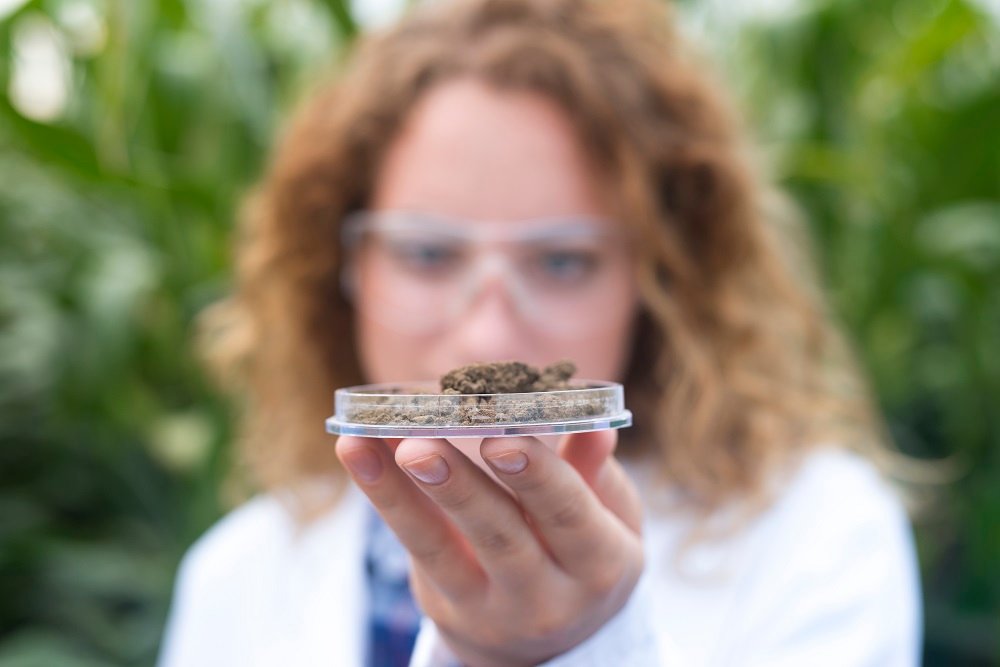Soil testing is a process of checking the soil before you start any type of project on the land like farming, gardening, construction, oil rig wells etc. a sample of the soil is sent to the labs to check its chemical components, mineral content and any other depositions. Soil testing also helps in understanding the nature of a land and people needs to test the soil before construct any concrete foundation on their respective area.
Why do you need soil testing for construction?

- Soil testing for construction is done to determine whether the land is suitable for any construction projects or not because you cannot construct a strong foundation on a weak land and you need to check the weight bearing capacity of the soil before you initiate your construction project.
- One of the factors of soil testing for construction is determining the water levels in the soil and based on the reports, the quality of the materials for the construction are selected. If you find your soil with a huge amount of moisture, then you need to pour concrete in your soil to make the base for your construction project.
- Without conducting a proper and thorough soil testing for construction, you can face major problems like the structure may not be able to stand on the land for longer period of time, and it can crumble down easily because the soil was not able to hold to foundation. Apart from that, the underneath layers of your soil will be dislocated during the earthquake and your building will collapse. So you need to test the soil to check its strength before you build your home.
- It is not necessary that the soil across the land is similar, and soil testing is done at multiple spots on the same land to check the strength of your entire land.
- The soil testing for construction is mandatory under the law and until you submit the reports to the local municipality, you will not be allowed to work in the land. Once the reports are checked and an inspection has been done by the authorities, you can start your construction project with the required permits.
- Now you can also conduct soil testing using methods that are quite simple and the only supplies you need are a few items commonly found around the house.
What are some drawbacks of soil testing for construction?

One of the biggest drawbacks of soil testing in construction is that you have to recruit a team that specializes in drilling the land for soil testing and you have to invest an additional amount for your soil testing. In case the soil turns out to be unsuitable for construction, the money you spent will go in vain.
The collection of soil samples from different parts of the land have to be done thoroughly, they have to be packed separately, named accurately because a small mistake can cost you thousands of dollars. So it is a time consuming job and you have to wait for a long to get your soil testing done.
The soil can be tested only on the samples and not on the land directly. The samples have to be sent to a lab only, which can be far away or nearby (hopefully) and wait until the results are back. This may take few days and it will delay your project.
In case there is any mix up or the result of the soil testing has some discrepancies, you will have done the entire process of collecting and sending sample from that part of the land again.
But still soil testing is necessary, and it can keep your building safe in future.



